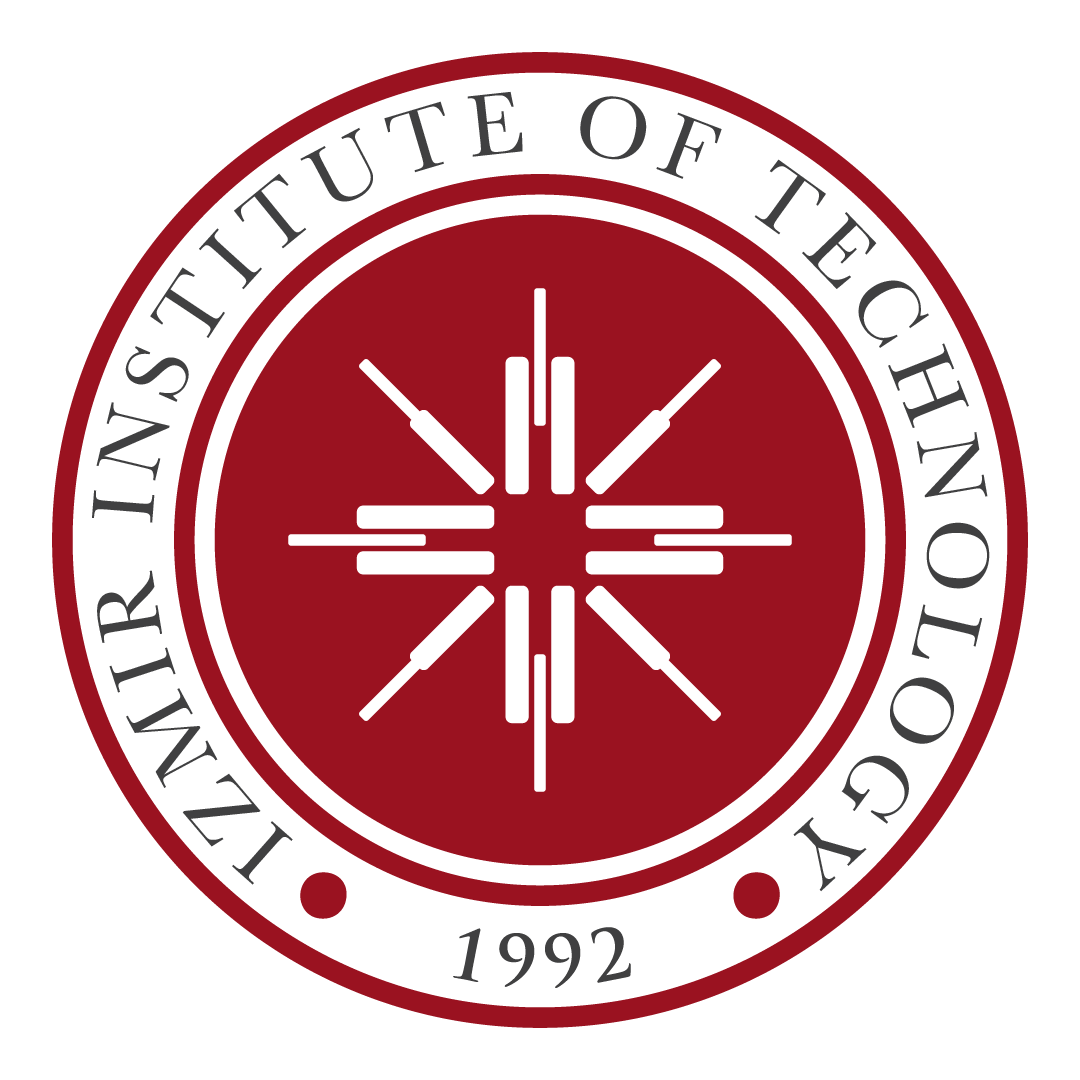SEDS 561
Fundamentals of Software Engineering
The course introduces the fundamentals of software engineering from management and software system models perspectives with an emphasis on software development process models, project management techniques and contemporary modeling notations.
| Week | Topics |
|---|---|
| 1 | The problem and the solution domains |
| 2 | What is software? |
| 3 | Software Engineering Paradigms |
| 4 | Modelling in Software Engineering |
| 5 | Software Methods |
| 6-7 | Requirements Engineering |
| 8-9 | Software Architecture and Design |
| 10 | Software Testing |
| 11-12 | Software Management |
| 13 | Team Organization and People Management |
| 14 | Empirical Software Engineering |

